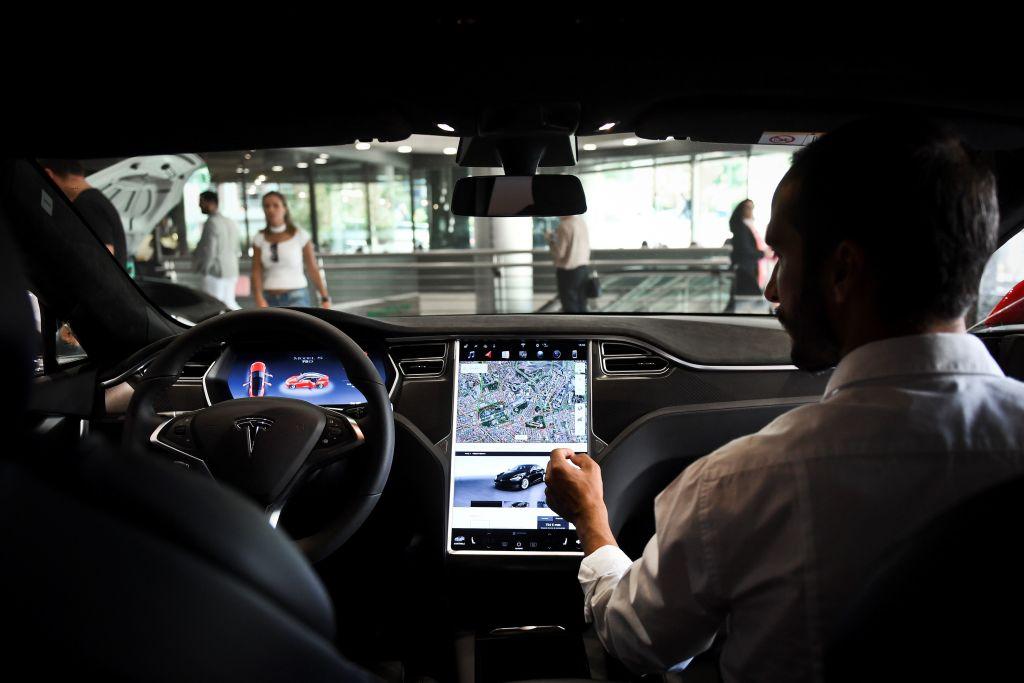Vehicles now collect a vast trove of personal data—from navigation history to text messages—that companies are increasingly looking to monetize, raising concerns about data privacy.
Cars today are like smartphones that have numerous apps connected to the internet which collect and share large amounts of data. Most owners do not know the amount of personal data that their vehicle collects and transmits, who collects it, for what purpose, and how it is used.





